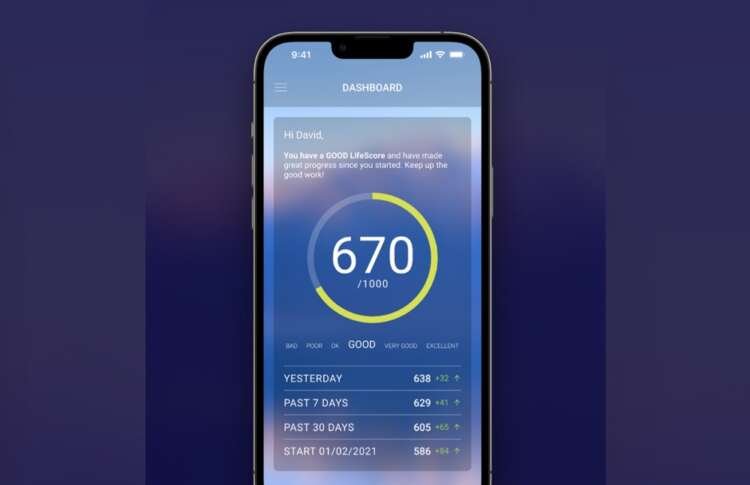Why ‘Credit Scores’ are in need of an upgrade…


By Romano Toscano, CEO & Founder of MyLifeKit
Credit scores are desirable because they offer a simple, clean and rounded numerical figure which provides banks, insurance companies, mortgage brokers, even comparison sites, with everything they ‘think’ they need to know about a consumer’s financial situation.
They have been around for almost 25 years, but since the emergence of ‘smart’ technology, accessing one’s own credit score and having full transparency about the individual variables which have effected it, is easier than ever. It’s not uncommon for consumers to keep tabs on their credit score in the same way that they check in on their heart rate, step count or even nutrition intake.
But, is it really fair to judge people for financial products, housing and even mobile phone contracts based purely on a pre-calculated credit score based on their financial history?
Oftentimes, people are rejected by banks and service providers because they do not have substantial credit histories in the first place. A person can even become ‘unscorable’, and therefore ‘rejectable’, because their credit history is too sparse.
In the UK alone, 5.2 million adults have ‘thin’ credit files, and nearly one third of these are adults under the age of 30. As a result, the UK sees a 32% average rejection rate on mortgages, and a 17% rejection rate on SME loans.
Therefore, not having an adequate credit history becomes a significant impediment to living ones life. Having a thin credit file or none at all puts people at a significant economic disadvantage, and contributes to a widening economic imbalance in society, one which makes it even harder for low-income families, young adults and immigrants to thrive.
What’s more, people with a limited or sub-prime credit rating can be rejected by lenders without knowing why. An entire application can even be disregarded because of a poor financial decision made years earlier.
Admittedly, it does make sense why credit scores had been so popular amongst the financial services sector from when they were first introduced in around 1979. It was the first time they could get a quick and easy snapshot of an individuals credit behaviour without having to spend hours going through paperwork.
But, in the age of cloud services, smart technology, and mobile apps, decision-makers have more enriched data available to them than ever before. In fact, around 40% of adults in the UK and US are using health apps, and 59% keep an eye on their steps per day, 42% use smart tech to analyse workouts and performance, and over one third (35%) analyse their sleep quality and duration.
Whilst data about how well a consumer sleeps might not itself be the deciding factor in a credit application, it is an example of the abundance of data points that users are already, through free-choice, logging on their devices. It is also an example of a data point which contributes to an overall metric that gives a more holistic overview of a person’s livelihood.
It would be a shame not to start using these data points to create a more multi-dimensional and accurate representation of a person’s livelihood, and one which could make all the difference in improving ones credit ‘worthiness’
What’s more, data insight and analytics technology and apps is all part of a trend which is on an upward trajectory. As the sophistication of our consumer tech improves, we can expect information from an abundance of other sources, such as environmental metrics, including weather conditions and pollution levels, to work together to create a multifaceted and highly personalised picture of a consumers well-being.
But these enriched data insights aren’t just about acquiring better insurance premiums or finance deals. Health-related data can be hugely beneficial for healthcare professionals to assess the lifestyles and health of their patients at a glance. Covid-19 has been a huge catalyst for health awareness, and demand for ways to monitor symptoms, daily health and general fitness is only going to grow.
Romano Toscano is the CEO & Founder of MyLifeKit
This is a Sponsored Feature.
Explore more articles in the Finance category
